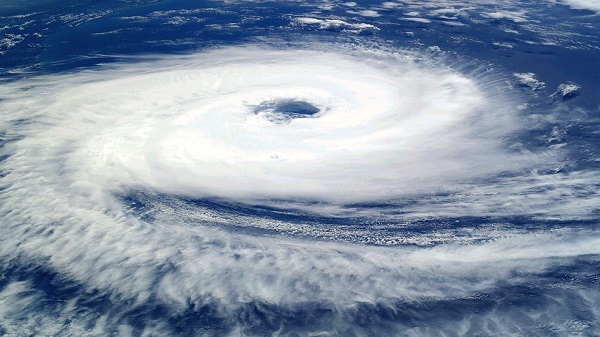New Delhi, (Samajweekly) The remnant of the Cyclonic Storm Gulab, after traversing across central peninsular India and dropping copious rains all over the route, reached south Gujarat and the Gulf of Khambat on Wednesday and is likely to move away from the Indian coast, towards Pakistan’s Makran coast, on Thursday, the IMD said.
The remnants of Gulab lay as a well-marked low pressure area (WMLPA) over south Gujarat region and adjoining Gulf of Khambhat and is very likely to intensify into a depression over northeast Arabian Sea by Thursday morning, it said.
“Then it is very likely to intensify into a Cyclonic Storm during the subsequent 24 hours,” the India Meteorological Department said.
The intensified storm will be named as Cyclonee Shaheen, as proposed by Qatar.
The east-west trough now runs from the cyclonic circulation associated with the WMLPA over south Gujarat region and adjoining Gulf of Khambat to the cyclonic circulation associated with another WMLPA over western parts of Gangetic West Bengal and neighbourhood across Madhya Pradesh, Chhattisgarh and Jharkhand and extends up to middle troposphere levels.
Through Thursday, these systems brought in widespread rainfall in central India, Gangetic West Bengal, in some parts of Jharkhand and Odisha, Gujarat region and north Konkan belt in Maharashtra.
The cyclonic effects were felt all across Gujarat on Wednesday with minimum 30 mm to maximum 115 mm rains in ten hours till 4 p.m. With some parts of the state badly affected by the torrential downpour, the state authorities had to shut the national highway at Bharuch and around 200 state roadways.
The IMD said that light to moderate rainfall at most places with heavy to very heavy rainfall expected at isolated places very likely over Gujarat and north Konkan. Heavy rainfall is expected at isolated places over Gangetic West Bengal, Odisha, and Jharkhand too.
Further, fishermen have been advised not to venture into north and adjoining central Arabian Sea and along and off Gujarat and north Maharashtra coasts from Thursday till October 2. Those at the sea in this region have been advised to move to safer places or back to the coast.










